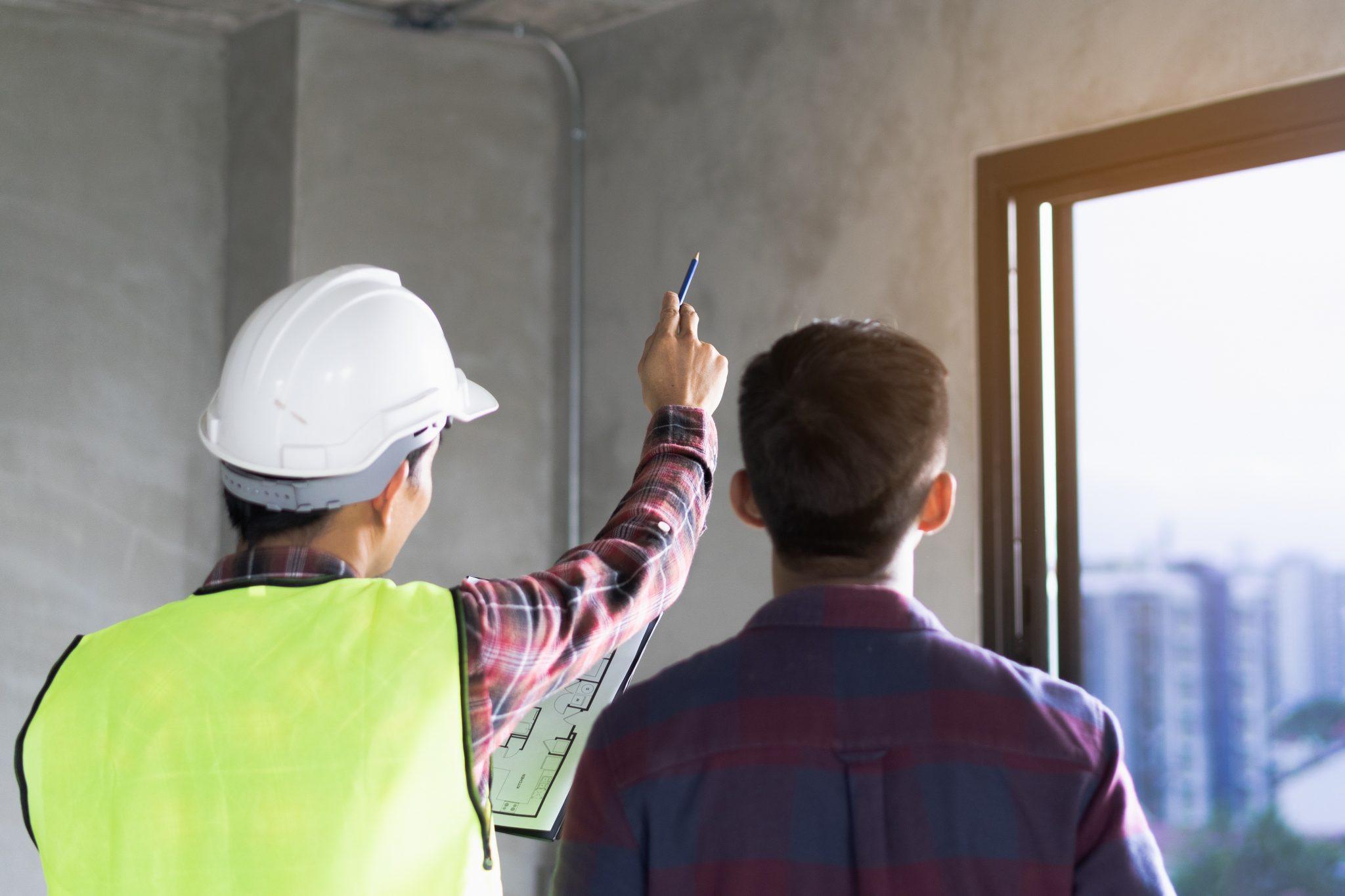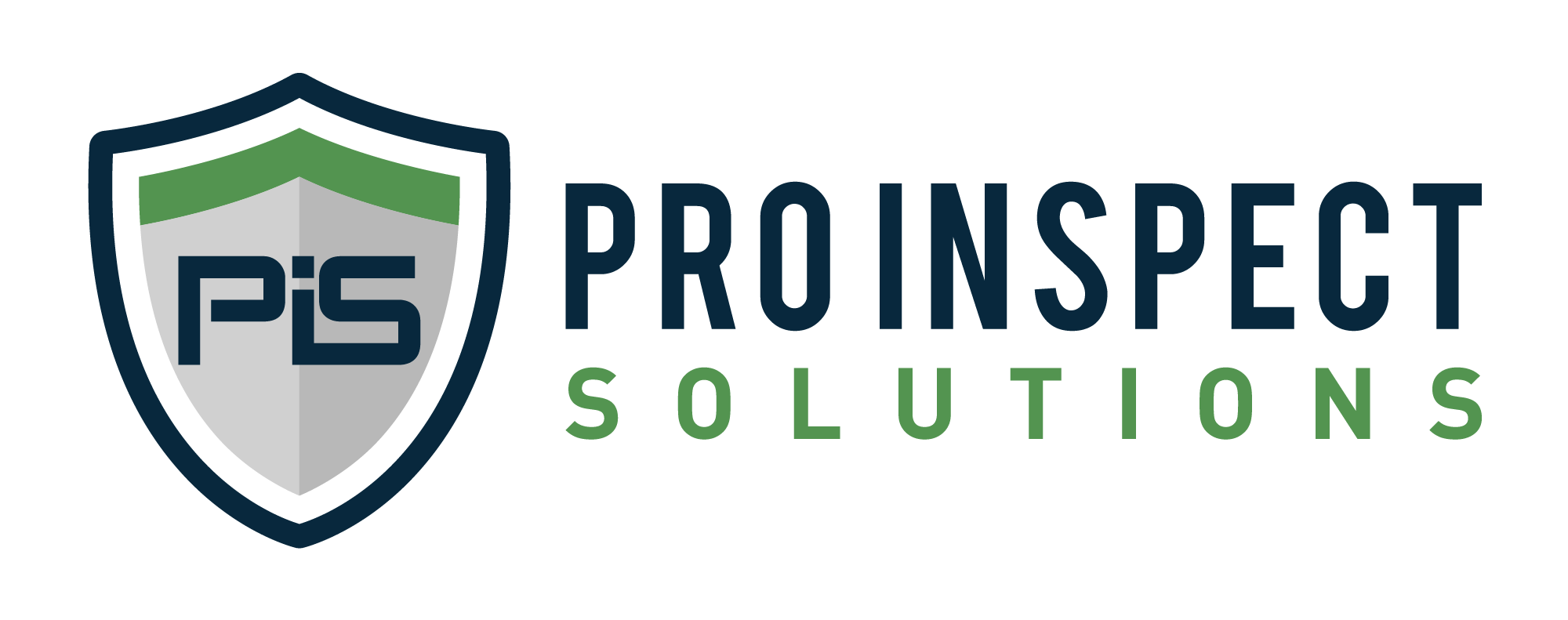
What to do when your home inspection reveals issues
Buying a home is a significant and exciting step, but it comes with its fair share of stress and uncertainty. One critical aspect of the home-buying process that can raise questions and concerns is the home inspection. While you may have fallen in love with a property, the home inspection can reveal hidden issues that might make you reconsider your decision. In this blog, we will guide you through the steps to take when your home inspection reveals issues and how to navigate the situation effectively.
1. Understand the Nature and Severity of the Issues:
The first thing to do when your home inspection uncovers problems is to gain a clear understanding of the nature and severity of these issues. Not all problems are deal-breakers, and some may be relatively easy to address. During the inspection, the home inspector should provide you with a detailed report that outlines the issues, their significance, and potential solutions. Take the time to go through this report carefully and ask questions if anything is unclear.
2. Consult with Your Realtor:
Your real estate agent is a valuable resource during this process. Share the inspection report with your realtor and discuss your concerns. They can provide guidance based on their experience and help you determine the best course of action. They may also have recommendations for professionals who can further assess and estimate the cost of repairs.
3. Negotiate with the Seller:
In many real estate transactions, there is room for negotiation after the home inspection. If the inspection reveals significant issues that were not disclosed or known before, you can negotiate with the seller to address these problems. You can request repairs, ask for a price reduction, or even request credits at closing to cover the cost of future repairs. Your realtor can help you navigate these negotiations and advocate on your behalf.
4. Get Estimates for Repairs:
Before making any decisions, it’s essential to get estimates for the repairs required. Reach out to licensed contractors or specialists to assess the issues and provide detailed cost estimates. Having these estimates will give you a clearer picture of the financial impact and help you make informed decisions.
5. Prioritize the Issues:
Not all issues discovered during a home inspection are of equal importance. Work with your realtor and contractors to prioritize the problems based on their severity and potential impact on your safety, the home’s integrity, and your budget. Focus on addressing the most critical issues first, and consider postponing less urgent repairs if needed.
6. Request Seller Credits or Repairs:
Depending on your negotiations with the seller, you can request that they address the issues by making necessary repairs or offer credits at closing to cover the cost of repairs you will undertake after closing. Whether the seller agrees to repairs or provides credits, make sure the arrangement is clearly outlined in the purchase agreement to avoid misunderstandings.
7. Consider a Home Warranty:
In some cases, it may be prudent to request a home warranty from the seller. A home warranty typically covers certain repairs and replacements of major systems and appliances for a specific period after closing. This can provide you with added peace of mind and financial protection in case unexpected issues arise shortly after you move in.
8. Factor in Your Budget:
When deciding how to address the issues revealed by the home inspection, consider your budget carefully. Determine how much you are willing and able to invest in repairs or renovations. Be realistic about your financial situation, and ensure that you have a comfortable financial cushion for unexpected expenses.
9. Reevaluate Your Offer:
If the issues uncovered during the inspection are extensive and the seller is unwilling to address them adequately, you may need to reconsider your offer on the property. While it can be disappointing, it’s crucial to make an informed decision that aligns with your financial well-being and long-term plans.
10. Seek Professional Guidance:
Throughout the process, don’t hesitate to seek professional guidance. Consult with real estate attorneys, financial advisors, and experienced home inspectors to ensure that you are making the best decisions for your specific situation. These experts can provide valuable insights and help you navigate complex issues.
11. Be Prepared for Unexpected Costs:
Homeownership often comes with unexpected costs, and addressing issues discovered during a home inspection is just one part of the equation. Be prepared for potential additional expenses related to maintenance, upgrades, or unforeseen repairs. Having an emergency fund can provide financial security in case of unexpected home-related costs.
12. Understand Your Rights:
Familiarize yourself with your rights as a buyer, as they can vary by location and are often outlined in the purchase agreement. Ensure that you have contingencies and protections in place to safeguard your interests during the home-buying process.
13. Trust Your Gut:
Ultimately, trust your instincts and prioritize your peace of mind and comfort. If the issues uncovered during the inspection make you uncomfortable or if the seller is unwilling to address them adequately, it may be best to walk away from the deal. Remember that buying a home is a significant investment, and you should feel confident in your decision.



